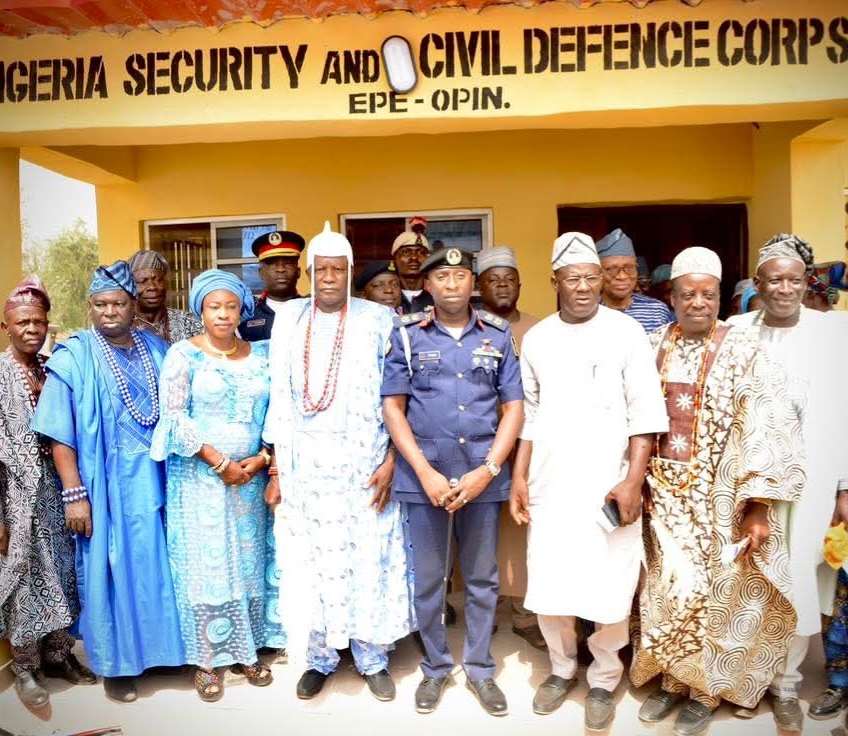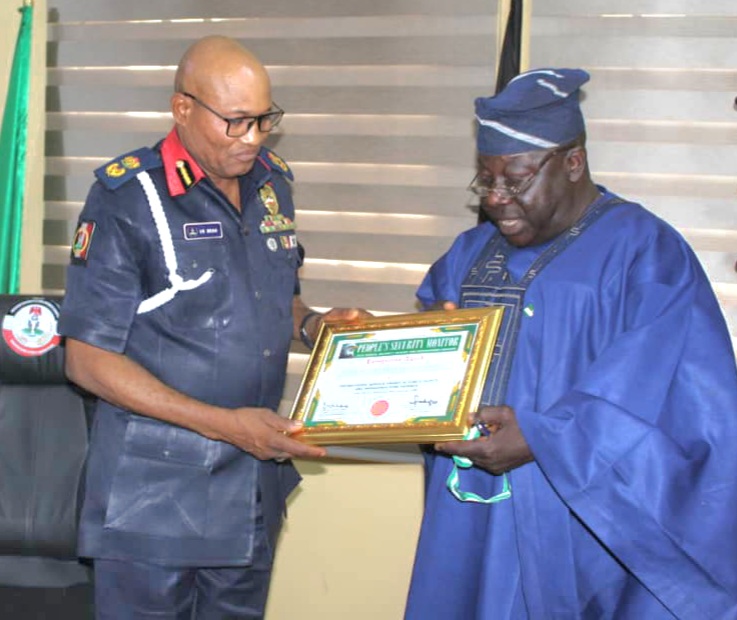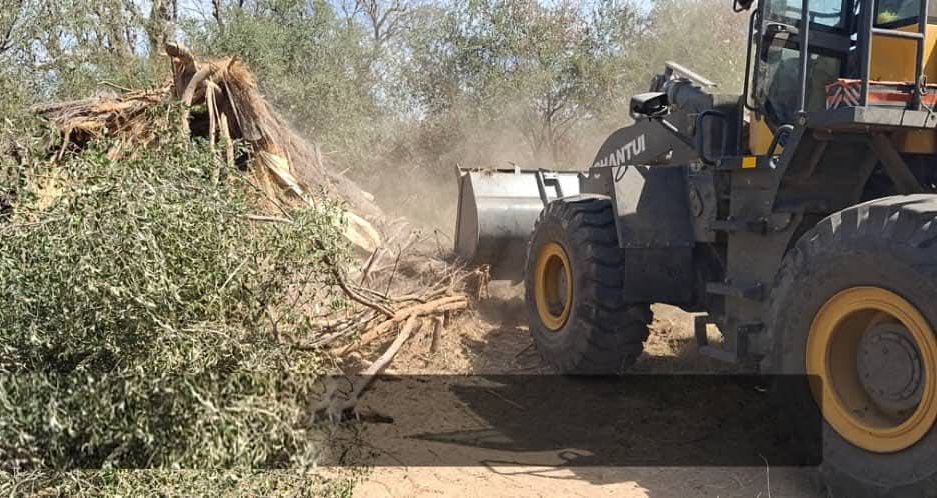Maritime experts have raised the alarm over Nigeria’s continued neglect of its marine resources, warning that the country’s persistent “sea blindness” could significantly hinder the full realization of its blue economy potential.
They expressed concern that Nigeria’s once-thriving coastal waters—previously bustling with ferry services and active fishing communities—are now underutilized, polluted, and largely ignored. Inland waterways have also suffered from years of abandonment, deteriorating infrastructure, and diminishing economic activity.
These concerns were raised during an executive training course on the blue economy, organized by the Nigerian Navy’s International Maritime Institute of Nigeria (IMION) in Apapa, Lagos, specifically tailored for media professionals.
Delivering a lecture titled “Introduction to the Blue Economy,” Rear Admiral Francis Dan Akpan (rtd), Chairman of the Board of Trustees of the Maritime Security Practitioners Association of Nigeria, emphasized that despite possessing over 54,000 square nautical miles of maritime space, Nigeria remains largely disconnected from the ocean—both economically and culturally.
“Sea blindness,” he explained, “refers to the general lack of awareness about the significance of the maritime domain. This ignorance is not limited to the public but extends to policymakers and academics.”
Akpan acknowledged that the Nigerian government’s 10-year Marine and Blue Economy Policy (2025–2035) represents a progressive step. The policy aims to create three million jobs, establish six modern fish processing plants, promote coastal tourism, and attract $2 billion in offshore renewable energy investments by 2025.
However, he lamented the collapse of Nigeria’s fishing industry due to poor regulation, foreign exploitation of marine resources, depleted fish stocks, and the absence of modern trawlers and cold chain infrastructure.
“In countries across Asia and Europe, fishing trawlers are routinely seen departing seaports at dusk and returning by dawn. In contrast, Nigeria’s fishing sector has virtually disappeared,” Akpan said.
A Policy Without Execution?
Also speaking at the event, President of the Nigerian Maritime Law Association (NMLA), Funke Agbor, described the recently finalized National Policy on Blue Economy as “a brilliant document.” However, she warned that Nigeria’s recurring challenge lies in the failure to implement well-drafted policies.
“Nigeria is blessed with a beautiful coastline, yet we continue to overlook opportunities in maritime tourism, marine transportation, and ocean resource management,” she noted.
Echoing these concerns, Dr. Obiora Madu, founder of Multimix Academy, stressed the need for urgent reforms to reestablish Nigeria as a maritime powerhouse in West and Central Africa.
He cited the emergence of Togo’s Lome Port as the region’s new shipping hub as a warning sign. According to him, Nigeria is losing its maritime edge due to environmental degradation, outdated port infrastructure, and ineffective policy execution.
A Call for Media Engagement
In his opening address, Director General of IMION, Thaddeus Udofia (Rtd), highlighted the vital role oceans play in sustaining economies, livelihoods, and the global environment. He cautioned, however, that these resources are increasingly under threat from climate change and unsustainable exploitation.
He explained that the executive course was designed to equip journalists with the necessary tools and insights to report effectively on marine conservation, sustainable fisheries, blue energy, and ocean governance.
Udofia urged media professionals to use their platforms to raise public awareness, influence national policy, and champion the sustainable use of Nigeria’s maritime resources.
“Nigeria’s ocean space holds immense untapped economic opportunities,” he said. “The media has a critical role to play in reshaping public perception, promoting environmental responsibility, and driving the blue economy agenda forward.”





